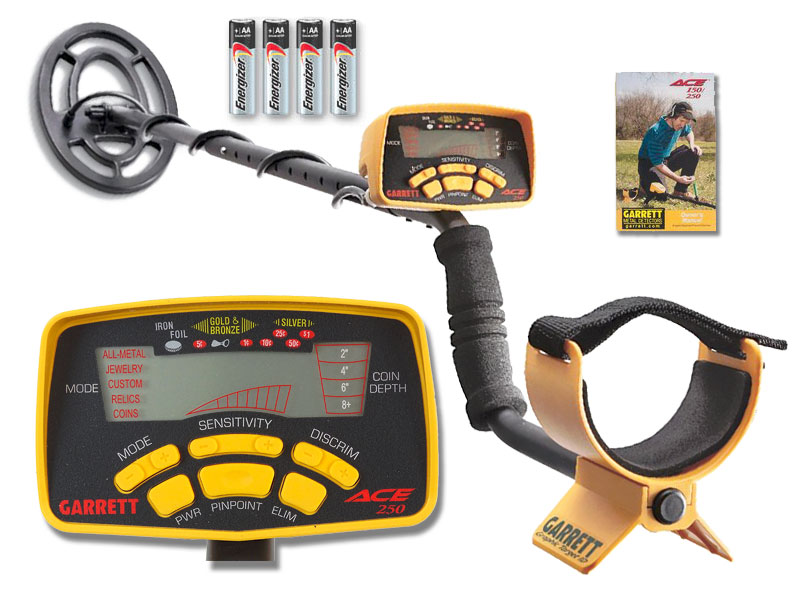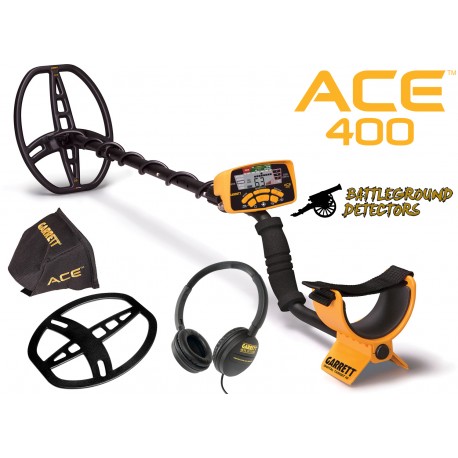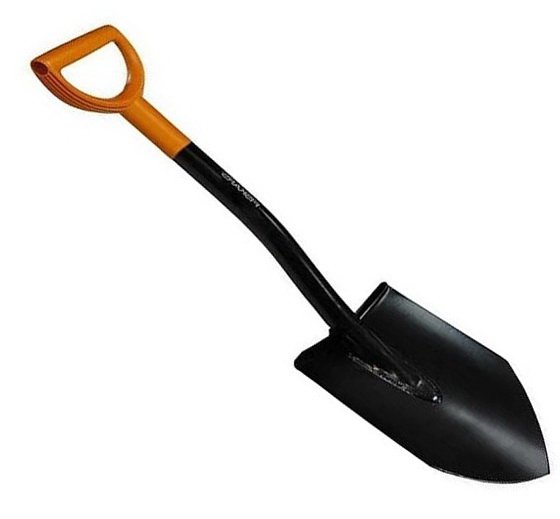
Balans gruntu w wykrywaczu – warto czy nie?
Poszukiwacze od zarania dziejów naszego hobby wydzierają z ziemi przeróżne obiekty. Zazwyczaj ich uwaga skupiona jest na tym, co w gruncie jest, a nie nim jako takim. To błąd – dla dobrych wyników trzeba wiedzieć, jaką naturę ma powierzchnia poszukiwań i jak sprawić, aby dla nas i naszego detektora był on jak najmniejszą przeszkodą na drodze do ukrytych skarbów.
Wielu z nas, prócz poszukiwawczego hobby, wędkuje. Pasja ta mimo pozornie zupełnej odmienności ma wiele czynników wspólnych i osobiście bardzo lubię analogie między tymi pasjami. Gdyby w stawie wypuścić całą wodę, to wszystkie ryby można by wybrać rękoma. Podobnie gdyby glebę z całego pola przesiać przez sito, to wykrywacz staje się zbędny. Czy jest to możliwe? W praktyce nie – stoi nam na drodze ilość wody i gruntu. Musimy więc sięgać po środki zaradcze.
W przypadku poszukiwań detektor musi uporać się z gruntem. Sytuacja jest o tyle kłopotliwa, że grunt jest bardzo niejednorodny, zmienny nawet na małych obszarach. Wykrywacz to czułe urządzenie i wpływ gruntu na jakość detekcji jest kluczowa. Dlatego też opracowano w wykrywaczach rozwiązanie zwane balansem gruntu.
Większość z poszukiwaczy to określenie zna, jednak gro nie zdaje sobie sprawy z jego znaczenia i możliwości, jakie daje nam detektor z możliwością korygowania balansu gruntu. Niestety nie każdy wykrywacz ją posiada i dotyczy to głównie sprzętu nieco droższego. Czy zatem tania wykrywka nie ma balansu w ogóle?
Bez eliminacji wpływu gruntu na sygnał praca z detektorem jest zasadniczo niemożliwa. Stąd nawet jeśli nie mamy pokrętła do balansowania, nie znaczy to, że detektor wpływu gruntu nie redukuje. Wyposażony jest w fabryczną nastawę, można powiedzieć wzorcową. Rozwiązanie to ma jedną zasadniczą wadę – wzorcowy grunt jest jak statystyczny Kowalski – w praktyce nie istnieje. Dlatego też posiadając wykrywacz z gruntem ustawionym na sztywno będziemy mieć problemy z jakością i głębokością detekcji na glebach odbiegających charakterystyką od wzorcowej dla danego modelu.
Tutaj muszę zdać się na małą dygresję, gdyż uderzył mnie trend sprzedawców wykrywaczy do nazywania fabrycznej nastawy balansu „automatycznym śledzeniem”. Nie chce się wierzyć, że dealer detektorów nie wie, jak działają wykrywacze, więc moim zdaniem jest to świadome wprowadzanie w błąd kupującego, bo opcja automatycznego śledzenia właściwości gruntu zarezerwowana jest dla detektorów bardziej zaawansowanych. Pamiętajcie, aby nie dać się nabrać na cudowne oferty wykrywaczy bez manualnej/automatycznej korekcji balansu gruntu. Jeżeli detektor nie posiada takowych, szansa na to, że jednocześnie ma automatyczne śledzenie jest właściwie zerowa.
W Polsce mamy do czynienia z wieloma rodzajami gleb, stąd wysoce zalecam zakup wykrywacza z możliwością ustawiania balansu gruntu. Współczesne sprzęty wykonują ten proces praktycznie automatycznie, wystarczy wykonać prostą czynność na początku eksploracji i powtarzać ją w razie zmiany warunków glebowych. Da to nam nie tylko lepsze zasięgi, ale przede wszystkim pewniejsze odczyty pożądanych przez nas sygnałów, wymiernie wpływając na nasze wyniki.
Tu znów pozwolę sobie na wędkarską analogię. Wielu wędkarzy narzeka, że nie ma ryb, bo nic nie łowią. Podobnie wielu narzeka na miejscówki, że nic nie ma i nie da się, krzycząc dookoła, że tylko miejscówka się liczy, a umiejętności i sprzęt to minimalny wpływ ma. Zadam więc retoryczne pytanie – czy w obecnych czasach rekordowe ryby wyciągają wędkarze z wędką z patyka i żyłką ze sznurka łowiąc byle jak? Czy to, że oni nie łowią jest zasługą zasobności wody, czy brakiem ich przygotowania i umiejętności? Powracając do poszukiwań, nie jest ważne jak bardzo zasobna jest nasz miejscówka, jeżeli nie potrafimy do niej poprawnie podejść. Tylko i wyłącznie przygotowany poszukiwacz, który wie co robić i jak szukać osiągnie zadowalające efekty, nawet jeżeli obszar poszukiwań nie będzie nasycony fantami. Przykładów z własnego doświadczenia mogę mnożyć wiele – koronnym jest kolega, który wyciągał same miedziaki, bo w swoim „kanarku” wyciął dyskryminacją większość sreberek. Pole określił jako słabe, a ono po wejściu tam przez poszukiwaczy przygotowanych do walki oddało sporo bardzo ciekawych monet srebrnych, a i kolega po małym naprostowaniu techniki zmienił podejście do miejscówki. Inny delikwent zapalił się do poszukiwań HS-3 militarki, nie zapoznał się jednak z zasadami strojenia do gruntu i stwierdził, że nowy detektor chyba jest zepsuty, bo wyje i nie ma zasięgu.
Wracając jednak do tematu (dygresjami coś dziś daje mocno), to pamiętajmy, że grunt jest naszym obszarem pracy. Bez odpowiedniego podejścia do niego, nie mamy szans na wyciągnięcie z naszych miejsc i sprzętów tego, co moglibyśmy. Warto więc zapoznać się z charakterystyką strojenia naszego wykrywacza i pamiętać o tej funkcji podczas poszukiwań i sprawdzać efekty. O ile testy w powietrzu tego nie wykażą, to efekty w postaci znalezisk z pewnością.







